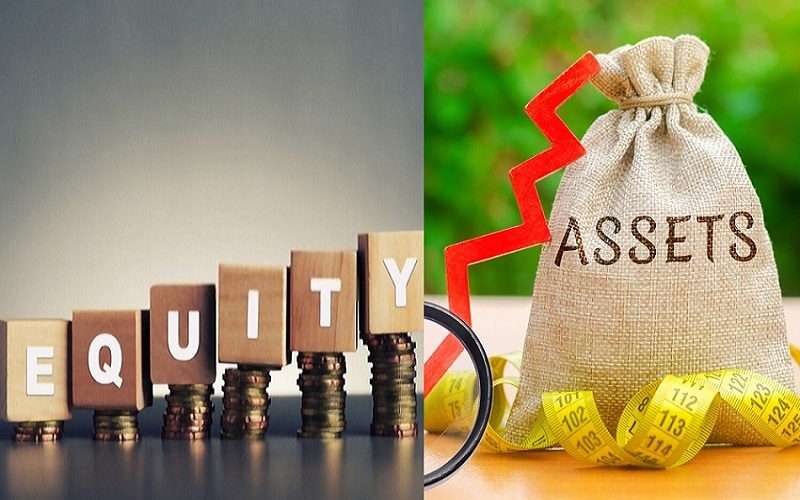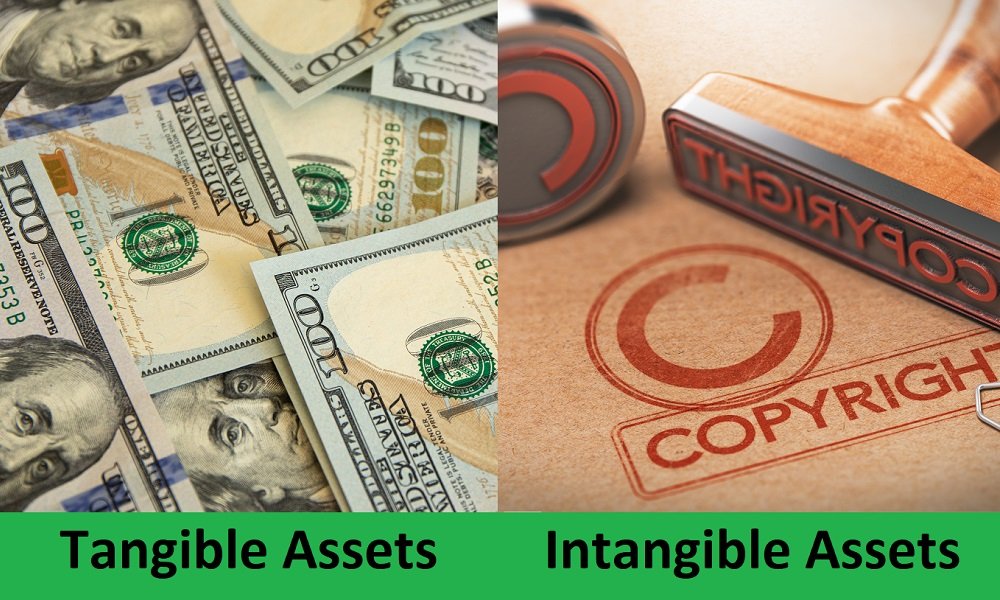Equity Vs. Assets: What Are The Differences?
In accounting, the terms equity and assets get used a lot. Many people tend to mix these two terms up, but both have very different meanings. Here we will look at equity vs assets and point out the differences between them.
Equity Vs Assets: An Overview

Assets refer to all the resources that are available for use in a business; this can be in the form of cash or monetary resources or physical resources like land, inventory, or even buildings.
Equity refers to the contributions to the business by owners. Funds given by the owner at the start of the business to buy necessary machinery for operation are known as equity.
In the accounting equation, equity is usually calculated by subtracting assets from liabilities. Meanwhile, assets have to be adjusted for their depreciation value.
Equity also consists of retained earnings which is the amount of money that is left after paying the shareholders. Assets consist of current or non current assets that help to run the business and generate revenue.
What Is Equity?

At the start of a business, some funds are required to buy the initial resources or machinery needed for business operation. These funds are usually supplied by the owners, and as a result, the owners are entitled to a certain portion of the assets left after liabilities are accounted for; this is termed owner’s equity.
Equity consists of contributed capital retained earnings and preferred shares. It is shown at the end of the balance sheets. Equity is reported in accounting books or records at book value and not market value.
What Are Assets?

Assets are all the resources available to a company used to generate revenue or sales for the company. Cash is the most common form of assets for a company, but buildings, land, vehicles, and inventory are also considered assets.
There are two types of assets- liquid assets and hard assets. Goodwill for a company is also included as an asset.
If owners put more money into the business, both assets and equity increase. Assets increase because there is more money for the company or business to use.
Bookkeepers can record assets both tangible and intangible assets in accounting records at either book or market value. It is dependent on the accounting policy used in the particular business.
Comparison Table Between Equity and Assets
| Parameter of Comparison | Equity | Asset |
| Source | Equity is gained from owners’ contributions to the business. | Assets are parts of the company or business that help it run and generate revenue. |
| Comprised of | Contributed capital and retained earnings contribute to equity. | Liquid cash, property, and accounts receivable contribute to equity. |
| Place in the Accounting Equation | Equity is obtained by subtracting liabilities from assets. | Total assets are obtained by adding all the monetary value of assets such as cash, buildings, and inventory. |
| Place in Income Statement | Equity is calculated from retained earnings in the income statement and shown at the end of the balance sheet. | Depreciation of assets is shown in income statements, while the fixed value of assets is shown at the beginning of the balance sheet. |
| Reported in | Equity is recorded in book value. | An asset can be recorded in either market or book value. |
Key Takeaways
- Both assets and equity are major parts of the accounting equation, along with liabilities.
- Assets refer to the resources available to the company for use. They can be liquid assets in the form of cash or hard assets in the form of plants or buildings.
- Equity refers to the portion of the money that the owner or owners will get after liabilities have been subtracted from assets.
- Some accounting transactions can cause both equity and assets to increase.
Conclusion
To summarize equity vs assets, equity belongs to owners while assets belong to the business or company. It is important not to mix these two up as they are incredibly important terms in accounting.







